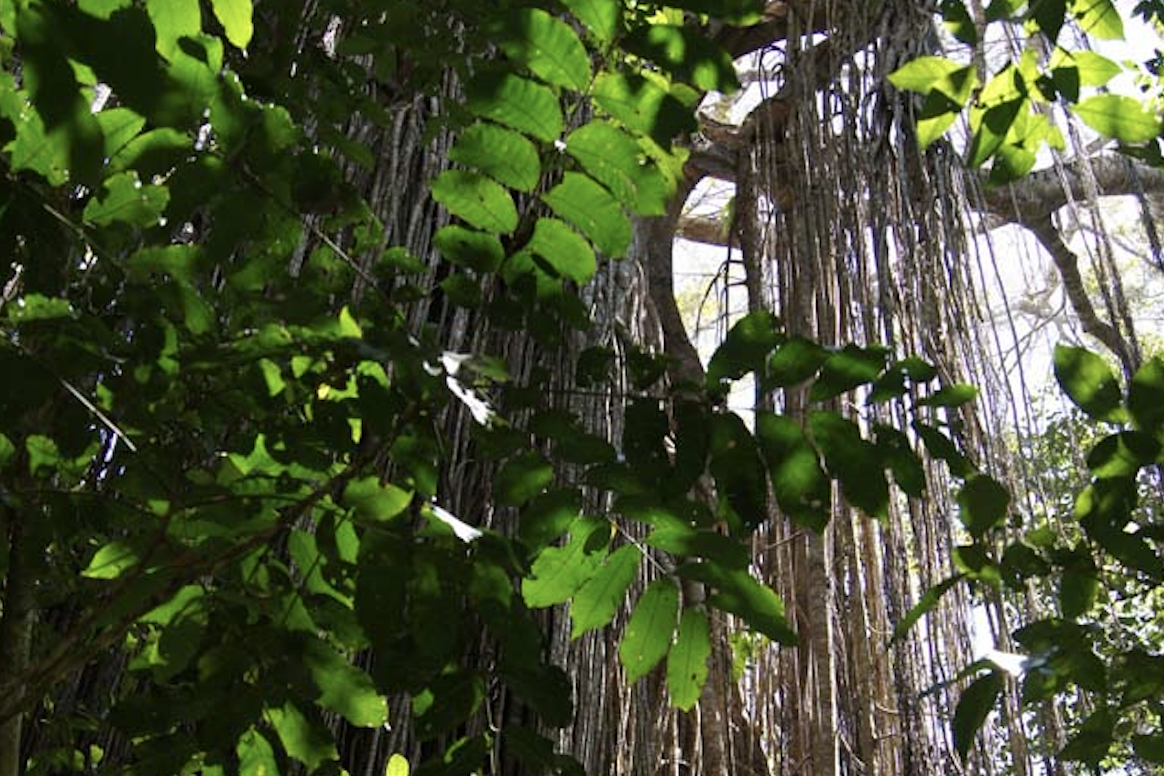On The Land
27 November, 2024
Forests focus of $2.2m project
FORESTS from the coast to the mountain tops are the focus of a new $2.25 million project in the Wet Tropics region.

The eastern forests of Far North Queensland have become a “priority place” in the Australian Government’s Threatened Species Action Plan, leading to a new forest resilience project funded by the government and led by Far North not-for-profit environment organisation Terrain NRM.
The two-year project will tackle threats to forest ecosystems and will include feral animal and weed control work, revegetation, wildlife-friendly fencing, fire management and working with willing landholders on voluntary conservation agreements.
Tony O’Malley, from Terrain NRM, said more than 2000 hectares of habitat resilience work would be funded, with planning workshops currently happening across the Wet Tropics region.
“We are partnering with scientists, Traditional Owners, land care and threatened species recovery groups, local, state and federal government, and other land managers. We will be supporting work in broad leaf tea-tree woodlands between Tully and Ingham, Mabi forest on the Atherton Tablelands, in lowland rainforest and in littoral rainforest from Bloomfield to Ingham. All of these types of forest are listed nationally as threatened ecological communities.
“We will also be working in tall open forest (wet sclerophyll) and rainforest uplands which the scientific community recently identified as Far North Queensland’s top two priority ecosystems. Our focus will be on threatened species in those ecosystems.
“All of these strategic activities will be guided and delivered by stakeholders to improve the condition of whole ecosystems and increase the resilience of our forests to current and future threats, including a changing climate.
“For example, our broad leaf tea-tree woodlands are listed as endangered and are also home to the endangered mahogany glider, rare ground orchids and the Apollo jewel butterfly as well as many other plant and animal species. We won’t be just focusing on one species – we’ll be taking an entire ecosystem approach for the benefit of all the species living there.”
The project - “Forest Resilience – Improving Condition of Eastern Forests of Far North Queensland (Wet Tropics bioregion) Through Strategic Collaborative Action” – is funded by the Australian Government’s Saving Native Species program.


